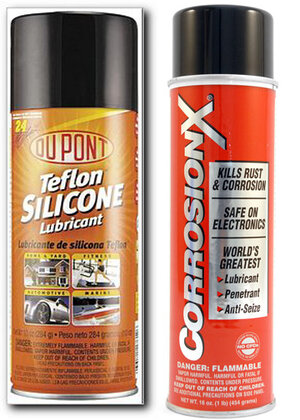DAG
Yes, my balls tickled from that landing
- Location
- Charlotte, NC
I started the thread in hopes someone has attempted parts successfully or unsuccessfully using a corrosion resistant alloy without the need to anodize. Regardless of what "part" it was.Can make your part out of each grade and see how long each lasts :wall:
I'm not making just 1 part thus the generalized question, yes some need to be structural some don't. All I wanted to know was quote "what grade aluminum is going to hold up to saltwater corrosion without being anodized"What are you making......... From my understanding, Anodizing does not add strength. It is just a coating that is applied electrostatically... Can be removed with EZ-Off over cleaner and heat.
I don’t think anyone said anodizing adds strength? Although it has been miss interpreted hardness and especially surface hardness is not the same as strength. Tempering an alloy, however, will change both hardness and strength may be where some of the confusion lays.
I specifically asked "what grade aluminum is going to hold up to saltwater corrosion without being anodized" AKA If I make something, anything, for instance a bypass fitting will it show signs of corrosion regardless of other factors, temper, hardness, yield factors. Agreed everything corrodes, but I'm not looking for a 100+ year lifecycle. And no I'm not planning on making bypass fittings… or am IYou say you've sourced 5086 cheap and ask is there anything better, the question is better for what exactly. Grades of aluminum are chosen depending on application. For example you wouldn't try to form or weld seven series and you wouldn't use five series in certain structural applications as it has a lower tensile strength. Each grade has its merits and usage.
Chris.

